Why do horses yawn?
The answer to this question may seem straight-forward enough but yawning can mean more than simply that your horse is tired! Understanding this and related behaviours can help us make better decisions about how to train and handle horses.
A lot of horses yawn during the process of being tacked up and this very common behaviour is often interpreted as being something to do with stretching or getting the jaw comfortable – or the horse feeling sleepy. Other horses will yawn when being ridden or otherwise worked and it’s easy to think that this is just a consequence of boredom with the activity, or tiredness. But yawning is actually a behaviour that in contexts such as this often means more than we normally think it does.
In fact, this type of behaviour is frequently referred to as a calming or appeasement signal.
A calming signal is a sign of stress. It is also a way to redirect those emotions and release tension. The behaviour usually follows a stressful situation or happens when the animal is anticipating a stressful situation. It occurs when the horse is either starting to become stressed and is trying to calm themselves or straight after as the horse is releasing tension.
However, you are very unlikely to see a yawn when a horse is at their most stressed. Most horses in this state will keep their mouths firmly clamped shut!
Other species – such as dogs for instance – will also yawn when stressed and it is a widely recognised and studied topic in ethology. The term ‘calming signal’ comes from observations of dogs in social situations where these signals appear to be communicative and are used to diffuse stressful encounters. It is still unclear whether horses use these behaviours for communication the way that dogs do but whether or not that is their intention, we can still learn to notice and understand them.
Here is an interesting video of a zebra repeatedly yawning in a stressful situation (there’s a hyena nearby, as well as the humans who filmed this).
A related and frequently misinterpreted behaviour is the ‘lick and chew’.
Recognising these subtle signs can be a great help when assessing a horse’s mental state. Stress is a natural part of life and it is impossible to alleviate all sources of stress – in fact, you wouldn’t want to. We need normal levels of stress to survive day-to-day.
However, realising when a horse finds something stressful can really inform how you approach handling and training and can be a huge help in identifying problems when they are still in the early stages and easy to address.

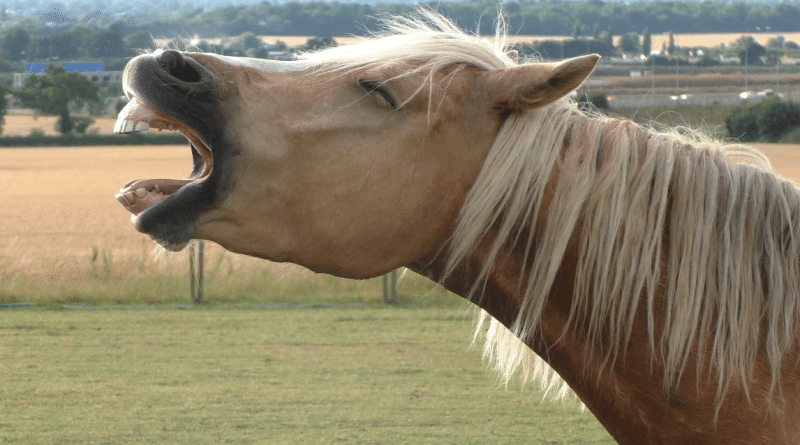
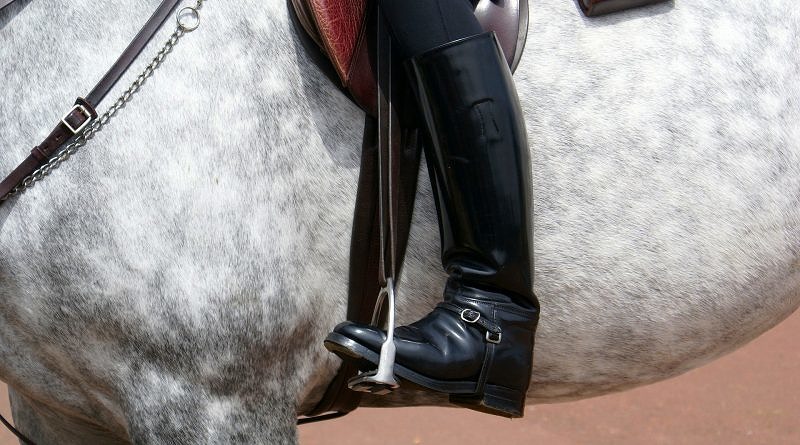
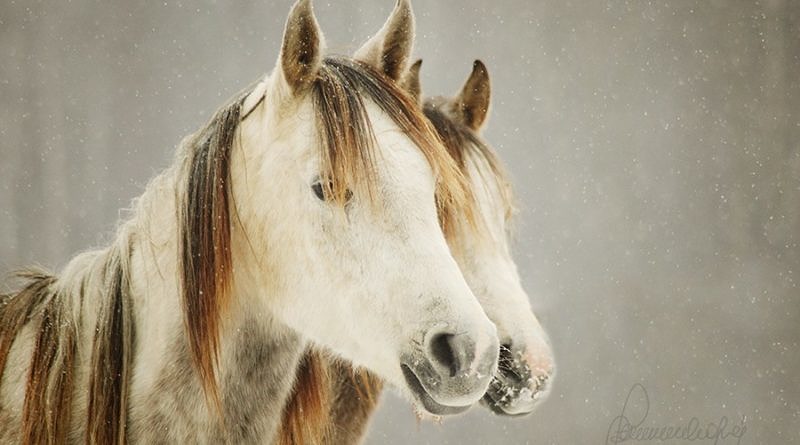
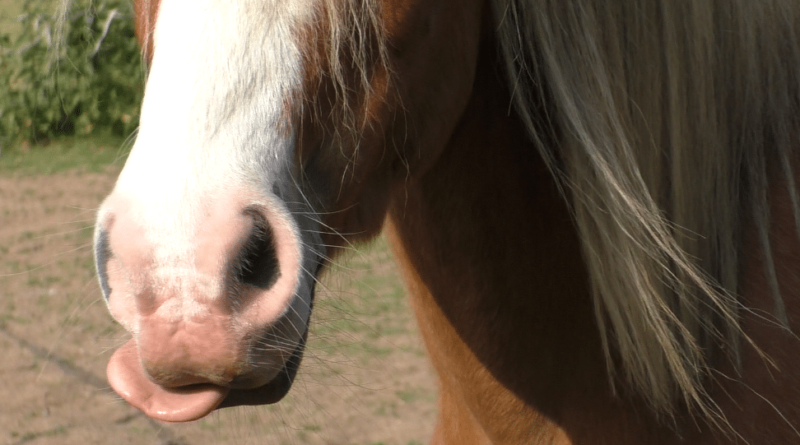
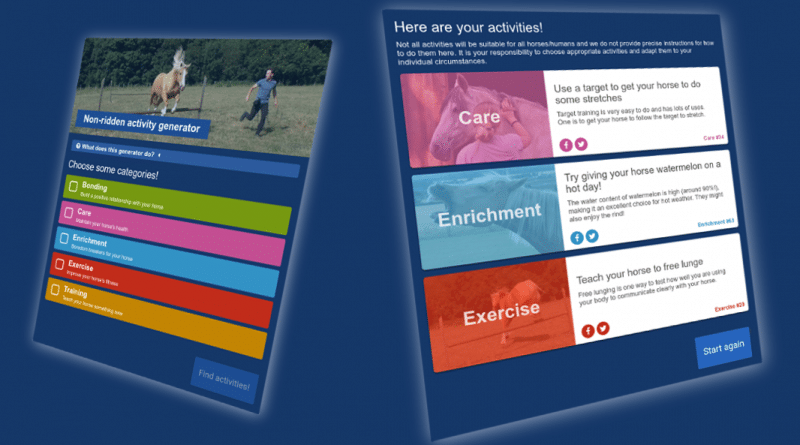
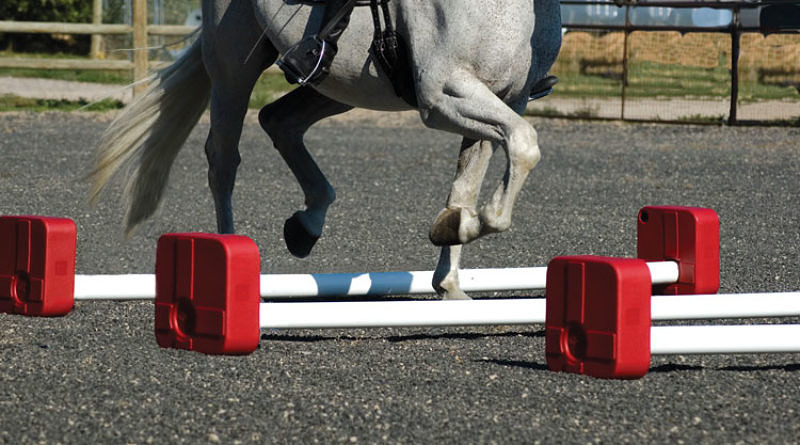
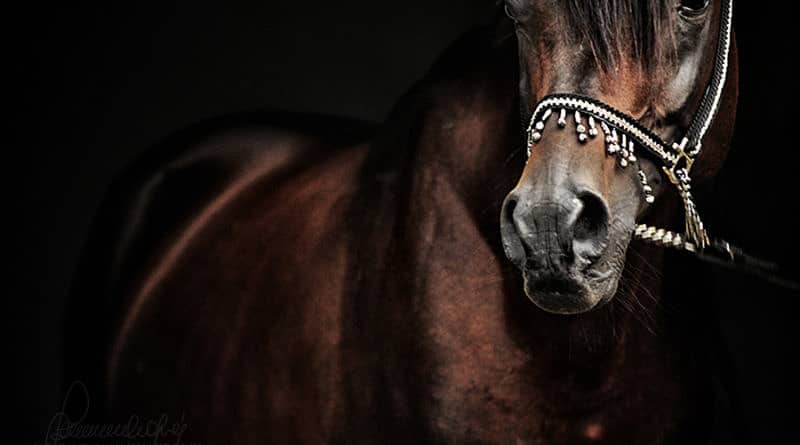
Pingback: What can I train? Y is for … – equine clicker training